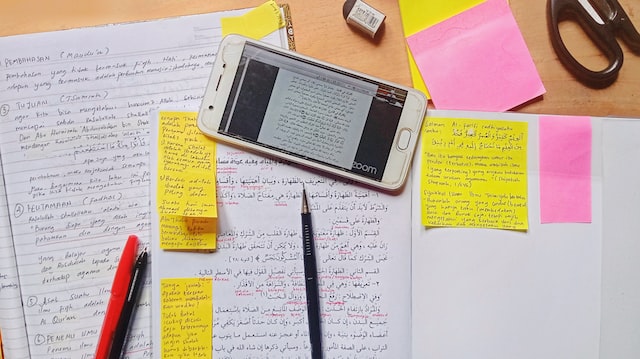Praise Vs. Critisim
Researchers have asked: Does praise make people more productive?
Does criticism make people less motivated to try?
Are they more motivated to work when they are praised?
Can criticism affect the way people think?
Background Information:
Criticism can be motivating, and praise can help build self-esteem. A study at a University found that negative criticism from opponents’ fans makes players better. Criticizing someone who feels defeated is not a good idea.
Several studies have shown that people who are criticised by their peers can improve. External criticism can help boost performance. It can also be an effective way to counteract criticisms from others. Even though compliments are positive, they can influence a child’s general behavior. I believe that people who have been criticized are more motivated to show that they can succeed and are not ineffective. They will continue to do what they are doing because, in their minds, they are already great.
My experiment involved 60 children aged 10-12. I divided them into 3 groups. Two of them were controlled and the other was experimental. I divided people evenly between groups based on whether they had high or low self-esteem. Here are some questions from the test: What is 6? 5? When was Rome at its peak? What is Cubism? After the teacher gave the test, someone corrected the children. The teacher then graded the children who she was told to. She also told them they would do another test in a few weeks.
You could tell that those who were criticised scored higher the next time. People who were praised for their efforts didn’t put in as much effort because they feared failing. The results were almost identical when I repeated the experiment.
Drawing a Conclusion
Even though the test was the same and the information the same, the people who received praise didn’t seem to be as motivated. People who were criticised tended to try harder even though it meant they’d have less time to play or be with friends. People who were criticised tried to show their teachers that they were wrong. When people are criticized, they tend to try harder. In this study, it was possible that those who were praised would have thought they should not continue and the critics would have given up. Then we would have never known what the outcome would have been if almost nothing was said. Some people already knew all the information, so they may not have studied.
This experiment was safe, but there could have been some hurt feelings. People should not be criticised too much as this can lead to them losing their confidence. If they think they are a disappointment, and don’t feel good about themselves in any way, they will not improve. For example they may stop trying to do better at school. Good educated people are needed to help the society move forward and avoid making mistakes. It is important to not criticize.
Causation and correlation
JournalNow let me tell you what bias could have ruin my experiment. It is bandwagon biased. When someone gets upset because of a poor grade, and others join in to show their sadness for that person, this is called bandwagon bias. The media has perpetuated the myth that eating an apple daily will keep doctors away. While apples do contain fiber and vitamin c both of which are important for long term health, this is not true. You don’t need just those things to survive. If you are sick, take medication. It will increase your chances of survival. Unfortunately, apples can’t help you with everything.
The ability to analyze and evaluate media messages.
Media messages are often designed to sell you something, but they are also used to spread information. Information can sometimes be faked because it does not align with what is being sold or the opinion of the person. I love to see examples and I enjoy seeing colour. They make things easier to grasp. The same information on multiple sites would be appealing to me, as well as sites with bibliographies that prove the information is not fake.




0